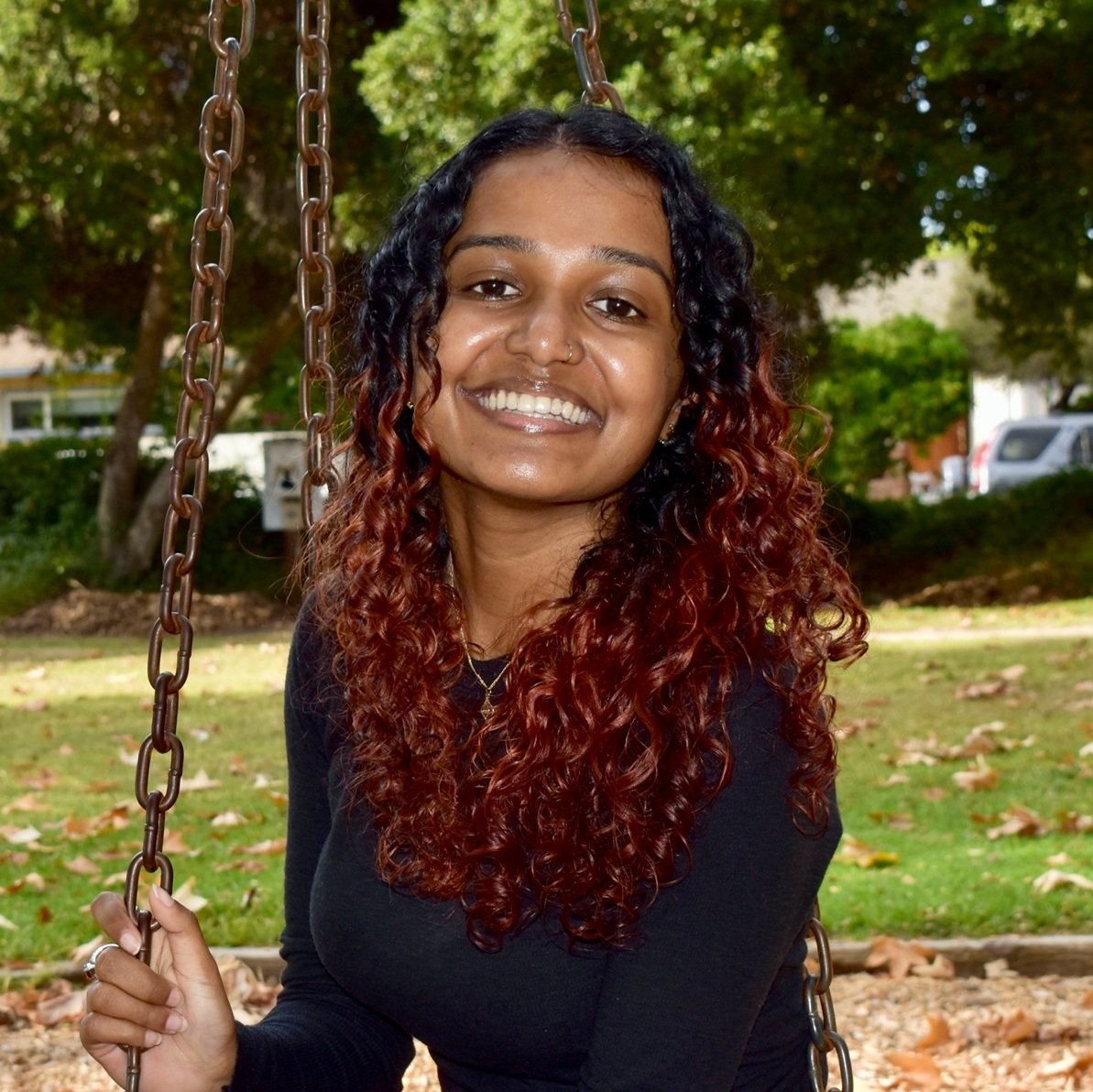By Lian Benasuly
The UC Santa Barbara Writing Program is beginning a two-quarter long creative nonfiction initiative in which 19 students will work with faculty project facilitators to create multimedia stories about their COVID-19 pandemic experiences.
“Giving students space, money, and support from faculty to just reflect on what the last two years have meant, and what we’ve lost and what we’ve gained, is really a once-in-a-lifetime opportunity,” said Ellen Whittet, workshop organizer and a lecturer in the Writing Program.
Writing Program lecturer Ellen Whittet, left, and student reporter Lian Benasuly, right, speaking on Zoom about the ‘Tell Your Pandemic Story’ initiative.
The pandemic turned the world upside down, with college students experiencing their own share of both struggles and accomplishments. The Writing Program believes this initiative gives participants the space to reflect on their pandemic experiences.
Participants are writing about the good and the bad — from finding new communities to mental health struggles and sensory deprivation during isolation.
Upon completing the project, each student will receive a $500 stipend for participating. The workshop was proposed by the Writing Program to the Dean of Humanities and Fine Arts and to the Executive Vice Chancellor’s Office, which is supporting the project by allocating funding.
The UCSB Writing Program has begun a creative nonfiction initiative in which 19 students will work with faculty to create multimedia stories about their COVID-19 pandemic experiences.
One participant is Love Maia, a junior studying Global Studies at UCSB. Maia plans to write about both the struggles and the growth she experienced during quarantine, “to experiment with myself, with the honesty of my own experience and share that with people,” Maia said.
Maia applied to transfer to UCSB at the beginning of the pandemic. At the same time, they worked full-time at a startup company, traveling weekly for their job.
“I was working so many hours and getting promoted and suddenly got laid off one day and did not have a plan,” Maia said.
But, Maia chose to find new ways to inspire themself and their friends.
“I’d get up before sunrise and I would hike to the mountains outside of San Francisco and I would record a little video trying to uplift friends,” they said.
Maia is planning to incorporate these videos into their multimedia story.
Throughout the winter quarter, participants will work with faculty project facilitators on the writing portion of their stories. During the spring quarter, students will participate in workshops to refine their writing and work on the multimedia components of their stories, Whittet said.
Resh Grewal, a senior majoring in writing and literature, is participating in the Writing Program’s ‘Tell Your Pandemic Story’ creative nonfiction project.
At the end of the spring quarter, the stories will be published on the Writing Program website. Whittet is also planning to reach out to the library to include the stories in the archives. And if COVID permits, students will present their stories live at the end of the spring quarter.
Whittet hopes to offer students more opportunities like this to write about their experiences.
“I wish that there was funding for students to tell their life stories more often because I think storytelling and reflecting in a supportive environment with money to support these efforts is one of the most powerful experiences that we can have in college,” Whittet said.
One participant, Resh Grewal, a senior majoring in writing and literature at UCSB, at first didn’t see herself participating in this initiative. But she changed her mind when she realized that she had her own story to share.
Grewal will focus on the sensory deprivation during isolation that she, and many others, experienced.
“I realized that I do have something that I could say and it’s something that I don’t think has been talked about,” Grewal said.
As the pandemic continues and students transition back to in-person learning, participants will reflect upon and voice their unparalleled pandemic experiences, a sampling of what their generation of students have undergone.
“It’s important to hear students’ experiences because we are the future and we’ve had a unique experience with the pandemic in terms of the traditional college experience,” said Grewal.
Lian Benasuly is a third-year UC Santa Barbara student majoring in Communication. She wrote this article for her Digital Journalism class.




